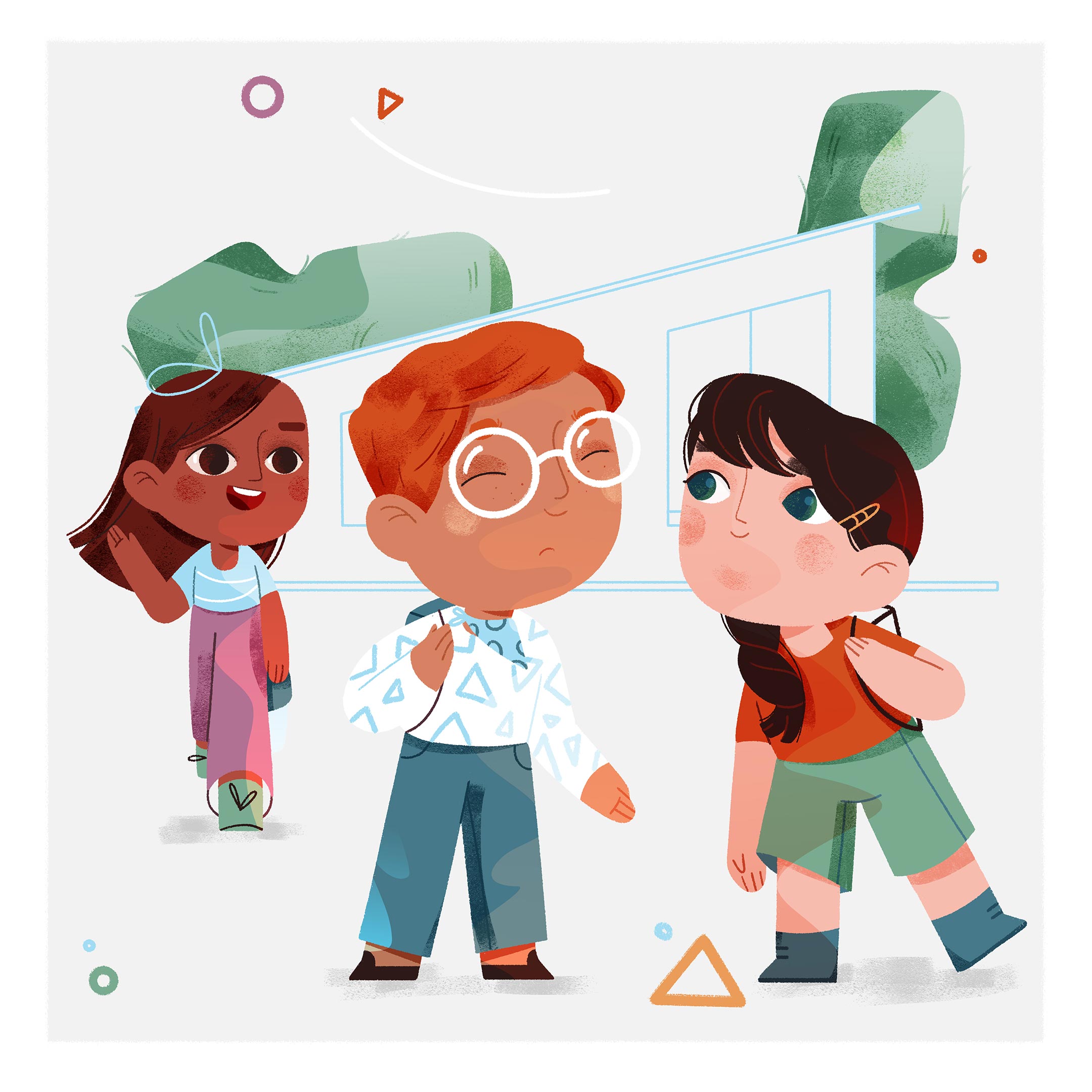
Play Podding
What is 'Play Podding' at LCPP?
Play Podding at LCPP is the grouping of 4-6 children who participate in the LCPP program for 4 mornings or afternoons per week from 9am-12pm or 1:30pm-4:30pm. During a pandemic reality, the importance of supporting the social and emotional development of young children while adhering to safety guidelines is crucial. Through Play Podding, LCPP is able to address a variety of challenges that have emerged as a result of living through a pandemic. A few of them are:
- Building Social Skills
- Developing Problem Solving Skills
- Modelling Developmentally Appropriate Language
- Developing Gross and Fine Motor Abilities
While Little City Play Partners is not exactly a home or school setting, Play Podding in many ways is meant to mirror a combination of these environments. In creating a familiar, comfortable and safe environment, children develop a deeper intrinsic desire to explore, discover and learn about their world. Children are able to:
- Establish Routine and Consistency
- Continue to Develop Independence and Autonomy
- Explore and Investigate Their World Through Emergent Curriculum
A closer look at a morning Play Pod:
While Little City Play Partners is not exactly a home or school setting, Play Podding in many ways is meant to mirror a combination of these environments. In creating a familiar, comfortable and safe environment, children develop a deeper intrinsic desire to explore, discover and learn about their world. Children are able to:
| 9:00am - 10:00am | Open Ended Play/Manipulative Materials |
| 10:00am - 10:15am | Responsive Circle |
| 10:15am - 10:30am | Snack |
| 10:30am - 11:30am | Playful Healing |
| 11:30am - 12:30pm | Responsive Circle |
Each Play Pod session is thoughtfully structured to maintain a routine that helps children feel safe in a predictable learning environment. Within this structure children are provided with the freedom to explore and develop their inner lives.
Play Pod sessions offer the familiarity of a schedule and routine that children are used to (and rely on!)Within this structure, children start the session playing and working with developmentally appropriate open ended materials to discover and process their world.By engaging in Responsive Circle, children then have the opportunity to actively reflect on their experiences and their play with careful encouragement and guidance from expert facilitators, further deepening their understanding and insight.
Open Ended Play:
Children begin each session with child-directed Play. Facilitators offer a variety of open ended materials (ie blocks, playdough, paint, duplos, legos, art materials) in exploring, building, creating and engaging socially. Play Pod facilitators support children in their play and explorations by encouraging the expansion of their ideas, offering constructive feedback, modelling language and thoughtfully problem solving.
In their spontaneous play children display an imaginative collection of themes including: the separation experience, ideas around ‘danger’ and ‘safety’, family dynamics, peer relationships and countless others.
Responsive Circle:
In Responsive Circle, Play Podders come together to reflect on their play and on their experiences. Facilitators thoughtfully guide children in comfortably sharing and expanding their ideas, thinking critically and building a deeper sense of self awareness and community. The Responsive Circle experience naturally lends itself to building executive functioning skills, language development, and fostering purposeful connections to name a few.
Playful Healing:
Playful Healing can support children in expressing their feelings and fears through the natural activity of play. At LCPP, Playful Healing incorporates a select variety of developmentally appropriate materials to offer children an opportunity to hone in on their life experiences and clarify their world in order to make sense of it.
Depending on the group, one of the tools used in Playful Healing is the practicing of emotional responsiveness through the ‘Teddy Bear Curriculum’.
When children in a community experience loss and trauma, Teddy Bears can be an important tool for facilitating the healing process. Weaving Teddy Bears into an emergent curriculum also enhances pretend play skills, strengthens sense of self and fosters symbolic play. The Bears are essentially used as representations of emerging self-concept and give children a way to acknowledge emotional and social ideas that are a result of disruption, loss, trauma, and confusing experiences in their lives. Storytelling and Book Writing, Anti-Bias Curriculum and Creative Works are a few other techniques utilized with Play Pods.
Partnering with Parents is an integral part of the LCPP experience. Each week there will be 90 minutes of parent education: 60 minutes are devoted to individual family sessions and 30 minutes will focus on group Parenting Pod discussions
While Little City Play Partners is not exactly a home or school setting, Play Podding in many ways is meant to mirror a combination of these environments. In creating a familiar, comfortable and safe environment, children develop a deeper intrinsic desire to explore, discover and learn about their world. Children are able to:
- A few of the possible topics explored in the Parenting Pod discussion are:
- Understanding the power of play and recognizing play themes that emerge
- Emotionally Responsive Language
- Developmental Norms
- Testing Limits
- Natural Consequences
- Home Routines
- Sleep
- Transitions
- Synchronizing parenting styles
- Ongoing observation and reflection are meaningful components of the Podding Up program. Facilitators may use a variety of recording techniques- video, audio, and documentation for example- as a reflective tool for LCPP Parent Education
Additional information:
Location
- LCPP Play Pod sessions are held in the homes of the families in the Play Pod groups; location rotates bi-weekly to monthly
- Most of the Podding Up program is conducted outdoors
- LCPP provides all learning materials and snack
Health and Safety Protocols:
- Weekly Coronavirus testing for facilitators
- All materials are sanitized before and after each session
Podding Fees
- Pod of 6 children: $275 / per week / per child
- Pod of 4 children: $350 / per week / per child